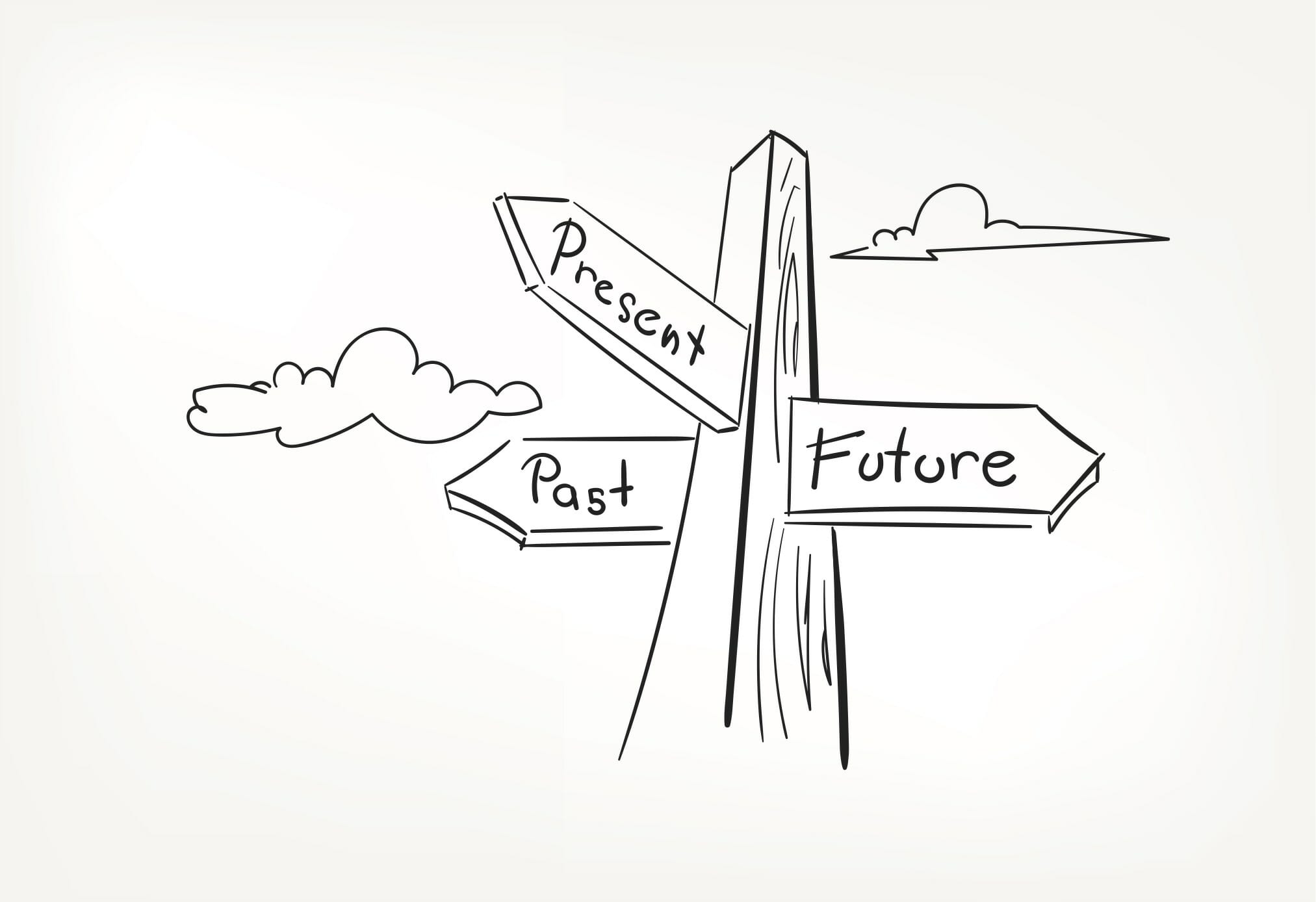The purpose of this survey is to get a snapshot of working product managers and to provide some corresponding statistics as we build out the community. It’s also designed to give you a better understanding of where you stand professionally within the community.
I’ve attempted to present as much data as possible in charts, but there is the odd table.
(Part 2 is available here. Part 3 is available here)
Who are we?
Overall we had a total of 290 responses of which I removed two as they seemed unusual enough to skew the results. Of those responses 78% were male and 22% were female.
In general, their backgrounds are in science/engineering and the arts, rather than business.

Some 81% have at least a bachelor’s degree, 38% have a master’s degree and 7% have no degree at all. Only one respondent reported having a PhD.

There is an average of 4.7 years of experience in product management.
Respondents were from a range of regions. Not surprisingly, the UK was first, followed by the US and then the rest of Europe.
In terms of job titles nearly 50% of respondents said their title is ‘product manager’, followed by 21% who are ‘senior product managers’.
On average, there are about six developers to every product manager with about 25% of the companies surveyed having 10 or more developers per product manager. There is a heavy concentration of companies with between three to 10 developers per product manager with five developers to every product manager being the most popular ratio.
The respondents came from a wide range of company sizes with the smallest possessing just one employee up to the largest having about 120,000 staff. The distribution of company size shows that respondents in general came from companies with between 10 and 50 people. Interestingly, there is a sizeable chunk of companies with between 1,000 and 10,000 people.

I’m not sure whether we simply didn’t get many responses from product managers at companies sized between 500 and 1,000 people or if there is actually an anomaly with companies in that range not having product managers.
Luckily, 43% say they report direct to the CEO with technology and marketing reporting lines following. Only 2% said they reported into sales, which I can guess is a blessing for everyone else.
What are we paid?
One of the survey goals was to get at least a sense of remuneration and I think this is probably what interests most people. All of the salaries have been converted to GBP (using the exchange rate December 2012) for comparison. The survey included questions that covered salary as well as equity in an effort to better understand remuneration packages.
Of the people responding 64% said they don’t receive equity as part of their remuneration, while 36% said they did.
There are some unexpected results when looking at salaries. The salary breakdown by country is shown in the chart below.

This is the average salary that product managers are being paid. Not unexpectedly, US-based product managers are paid roughly £15,000 more than in UK and Canada and about £20,000 more than in Europe and the Rest of the World. Interestingly, through all the regions, product managers with equity earn more than those without equity. In some cases this is significantly more, such as in the US and the Rest of the World. I’m unsure what is causing this and would be interested in your views.
I’m sure you are wondering how your salary compares to other product managers with the same job title. The chart below splits the average salary from all respondents by job title.
As you can see, as expected, salaries increase in line with different job titles. The chart is slightly distorted by the ‘chief product officer’ title, but, for me, the major point of interest is the significant jump between junior product manager and product manager.

I suspect this is due to many people moving into product management after more experience in other positions, such as developers, marketing, customer service. This pulls up the base salary to account for experience in other positions. Junior product managers, though, have less total work experience and so there is no premium for the existing experience. This is further supported by the product managers having spent 30% of their working life in that role versus about 55% of junior product managers .

This may also just reflect demand for product managers, as opposed to junior product managers. If this is true, it does mean that companies need to rapidly increase the salary of juniors or they will quickly leave for product manager roles at other companies. What do you think?
One issue that does show up is the compression of salary between senior and head. Here the difference between the average salaries is only £3,000 compared to approximately £20,000 difference for all the other titles.

I can see two possible causes for this anomaly. The head of product is a relatively new position created to meet a need for a position between senior product manager and the VP of product. Given the newness, the salaries have not had the time to adjust to create necessary distance between the two positions. It also could reflect the difference between the size of companies, with a senior product manager in a large company equivalent to a head of product in a smaller startup.
I suspect that it is a combination of both and I wouldn’t be surprised to see larger companies increasingly using head of product as a distinct position between senior product manager and VP of product as product takes on more important focus in various companies.
Summary
These are just the overall stats and even now there are some interesting trends. In parts 2 and 3, I’ll breakdown the data into the UK and US respectively.














Comments
Join the community
Sign up for free to share your thoughts